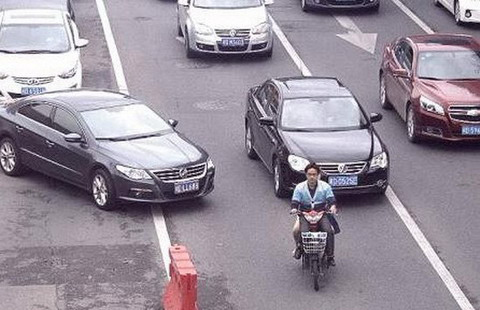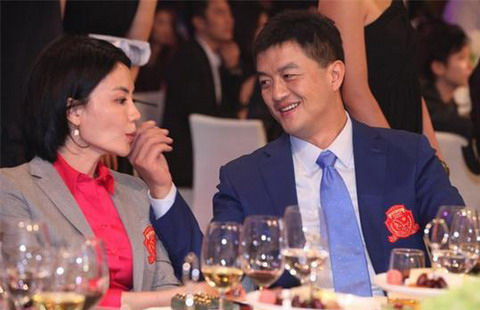Tokyo should not let shrine hold relations hostage
By Tom Clifford (China Daily) Updated: 2014-11-11 08:41Imagine a shrine in Berlin that honored the Holocaust and was frequently visited by leading German politicians. There would be uproar.
Not a single body is buried at the Yasukuni Shrine, though more than 2,466,000 souls are said to be enshrined there. By paying homage at the shrine, Japanese politicians are turning their backs on an alternative. Just up the road is the Chidorigafuchi National Cemetery with the remains of 352,297 unknown Japanese soldiers and civilians. It is tranquil, serene, respectful. Its evergreen trees provide ample places of shade. It is close to Yasukuni and is served by the same subway stop, Kudanshita. Like Yasukuni, it is near the Imperial Palace. The emperor, who shuns Yasukuni, even though his ministers go there, is a frequent visitor.
For Abe to suggest that a visit to the Yasukuni Shrine falls with the remit of a personal matter, especially when the emperor shuns the shrine, shows at the very least a scant disregard for the victims of Japan's wartime aggression and gives far-right nationalists a place on the political stage that is at odds with modern Japan's many achievements.
Next year marks the 70th anniversary of the end of World War II. Will Yasukuni again hijack what should be a somber occasion?
Yasukuni does not operate in a vacuum, it is symbolic of a wider aspiration to portray Japan's wartime role in a favorable light and set the scene for a more aggressive foreign policy.
China and Japan, the world's second- and third-largest economies, have within their grasp the ability to shape the future of the region and beyond for the better. But for that the poison chalice that is Yasukuni must be discarded.
The author is a writer with China Daily.











